BetaHub Blog
Top 10 Bug Management Tools for Game Developers in 2024
August 8, 2024
Introduction
Bugs in games can significantly impact the player experience and the success of a game. According to recent studies, game developers spend around 30% of their development time fixing bugs. Effective bug management tools are essential in streamlining this process and ensuring high-quality releases.
This article aims to guide you through the top 10 bug management tools for game developers in 2024, helping you find the best fit for your development needs.
Evaluation Criteria
When selecting the top tools, we considered several key factors:
- Functionality: The features and capabilities of the tool.
- Integration: How well the tool integrates with other development platforms and tools.
- User-Friendliness: Ease of use for both technical and non-technical users.
- Pricing: Cost-effectiveness and available plans.
- Support and Community: Availability of customer support and the size of the user community.
- Scalability: Ability to handle projects of varying sizes and complexities.
Top 10 Tools
Discord
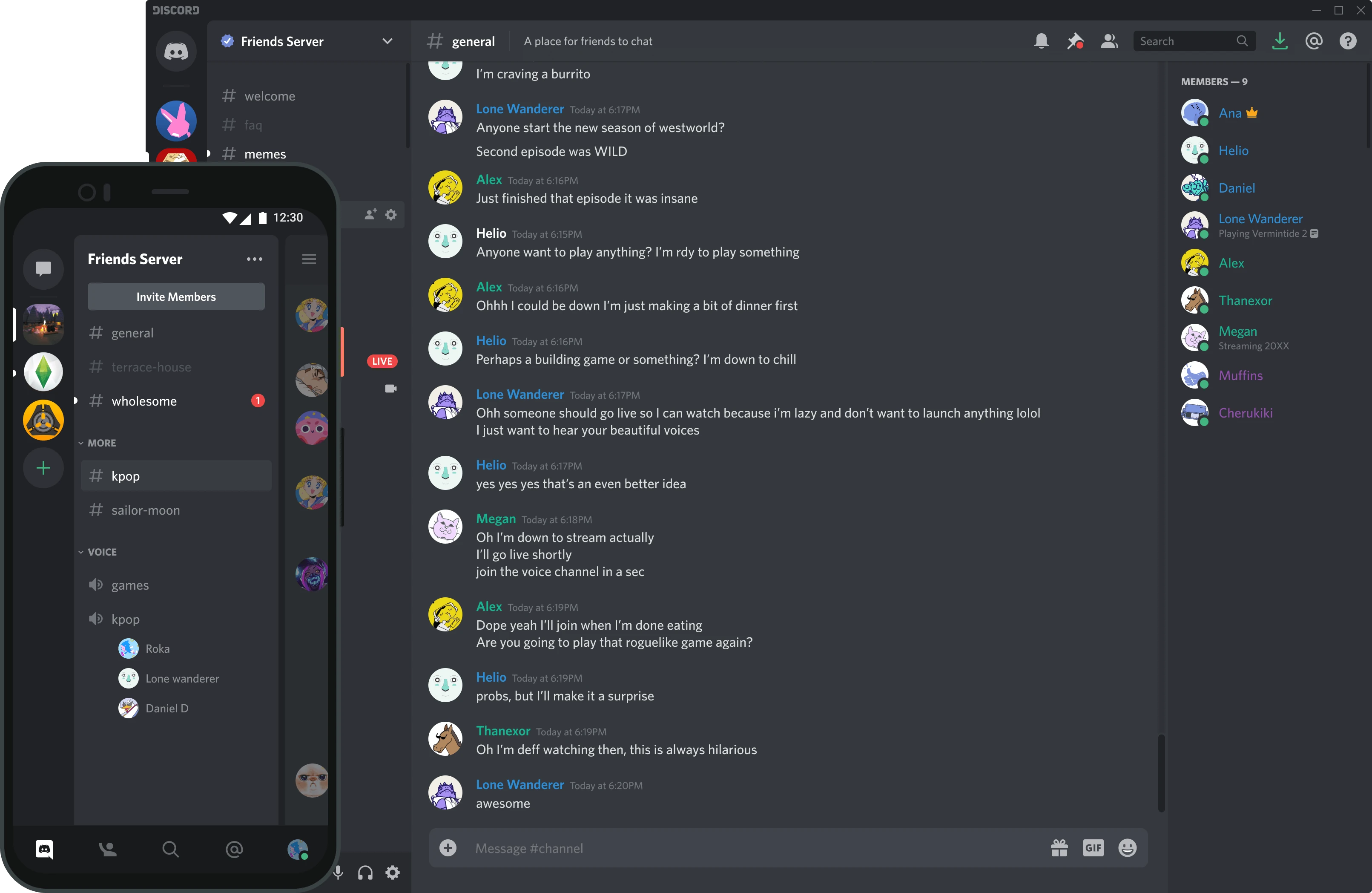
Discord is perfect for real-time communication with players. It allows the creation of dedicated channels for bug reports and feedback, facilitating direct interaction between developers and the gaming community.
- Real-time communication
- Dedicated channels for bug reports
- Direct interaction with players
- Free to use
- Popular among gamers
- Can invite bots for automated tasks
- May require moderation
- Not a dedicated bug tracking tool
Jira Software
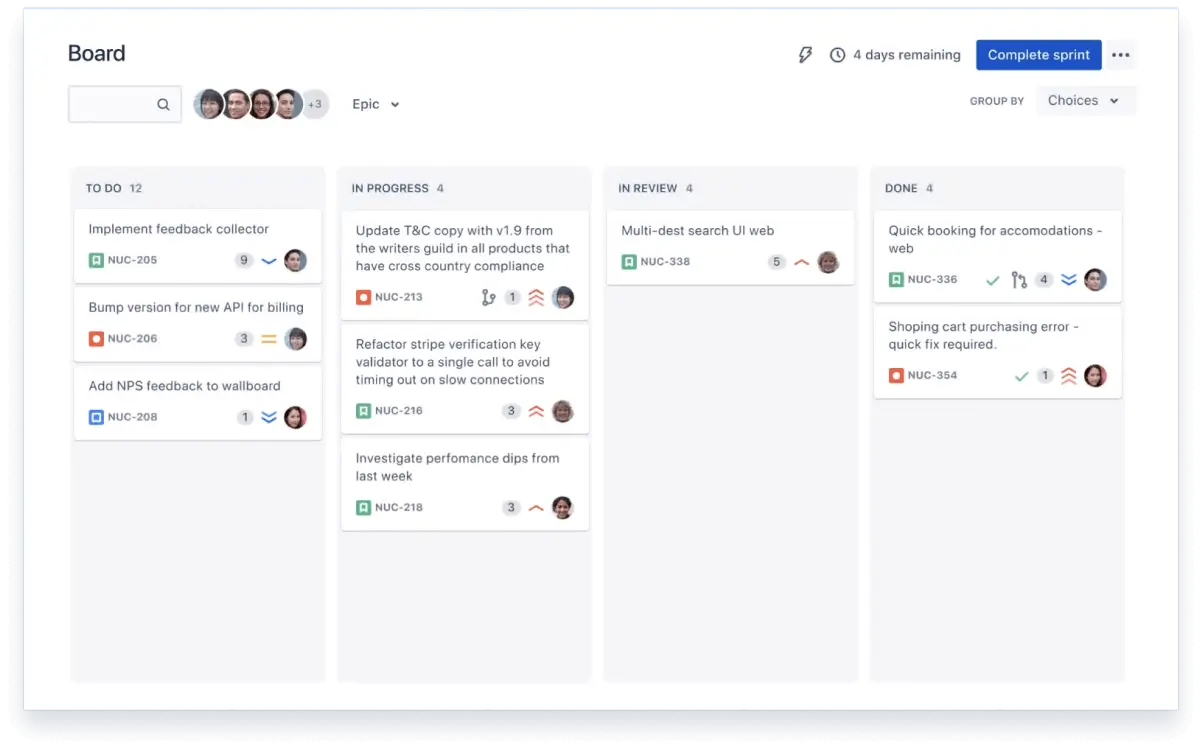
Jira Software by Atlassian is robust for issue tracking and project management. It supports detailed bug reports and custom workflows, integrating well with other development tools.
- Issue tracking
- Custom workflows
- Integration with development tools
- Highly flexible
- Excellent integration with other development tools
- Complex for beginners
- Can be expensive for small teams
Unity Cloud Diagnostics
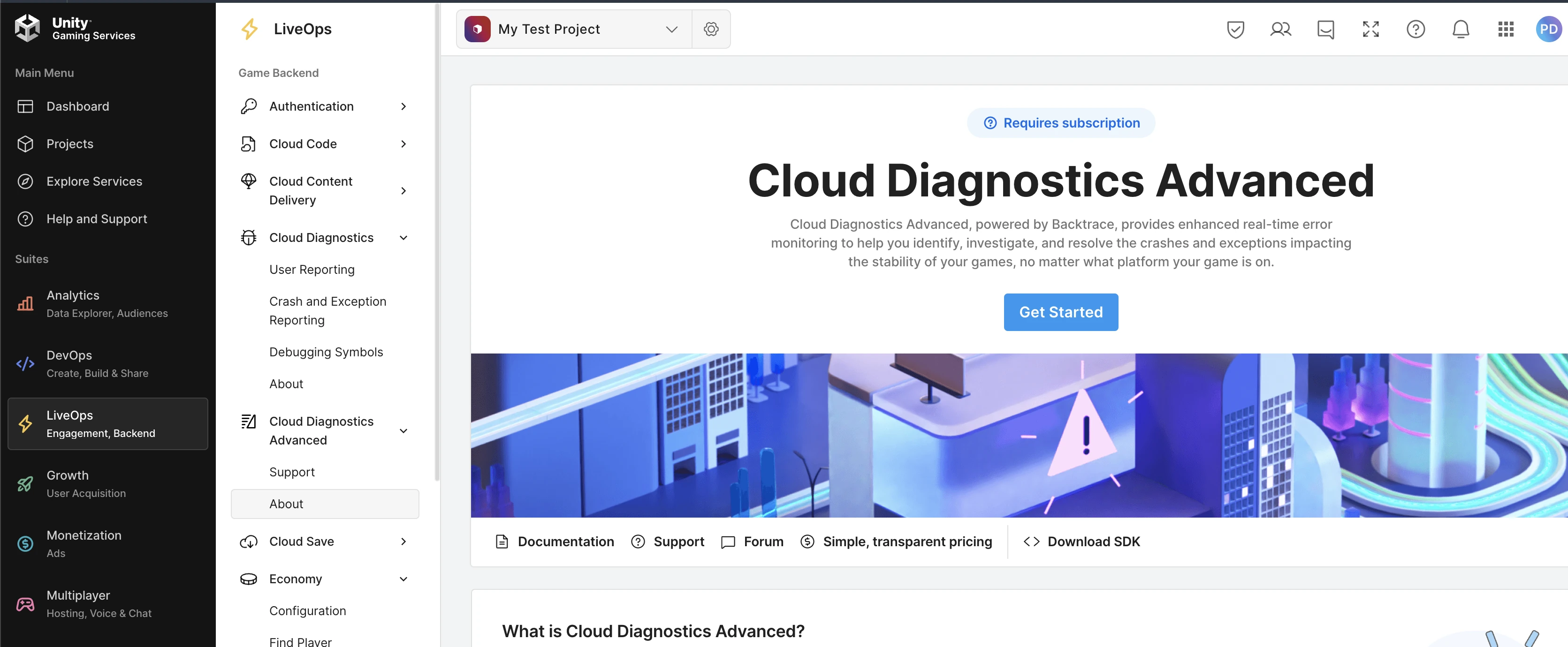
Unity Cloud Diagnostics is specifically designed for games made with Unity. It automatically collects crash reports and performance data, providing crucial context for bug reproduction.
- Automatic crash reports
- Performance data collection
- Context for bug reproduction
- Integrated with Unity
- Automates data collection
- Limited to Unity projects
- May require a subscription
Bugzilla
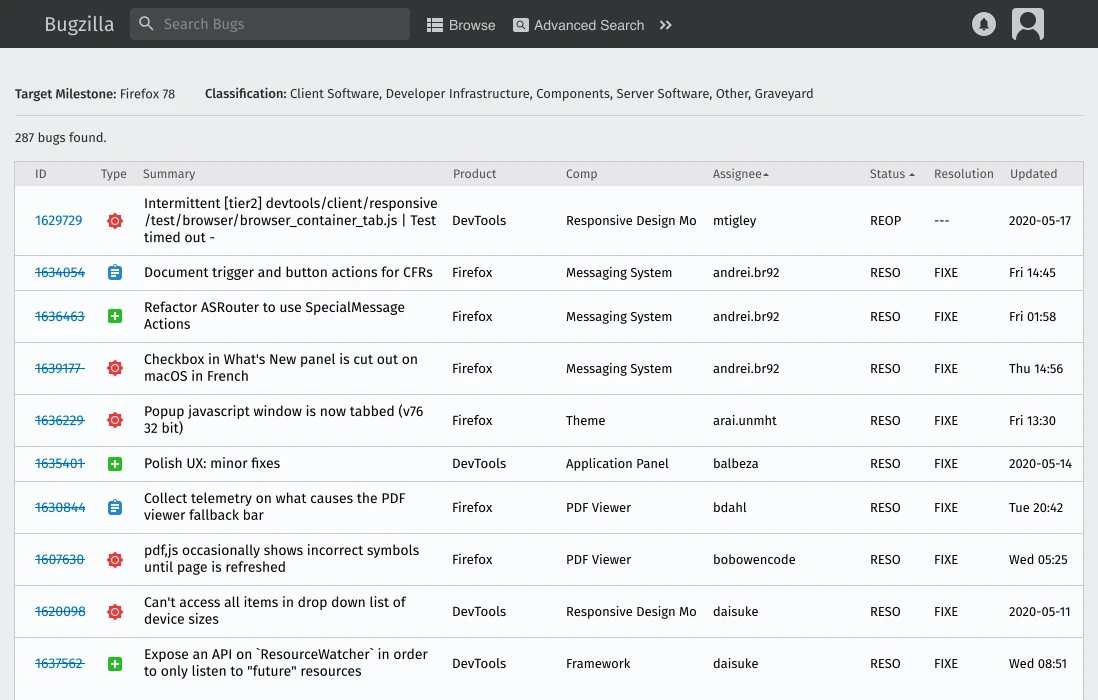
Bugzilla is an open-source and highly customizable bug tracking system. It is excellent for handling large volumes of bug reports and integrates well with other tools in the development ecosystem.
- Advanced search capabilities
- Detailed reporting
- Highly customizable
- Free and powerful
- Highly customizable
- Steep learning curve
- Less modern UI
- Requires self-hosting
UserTesting
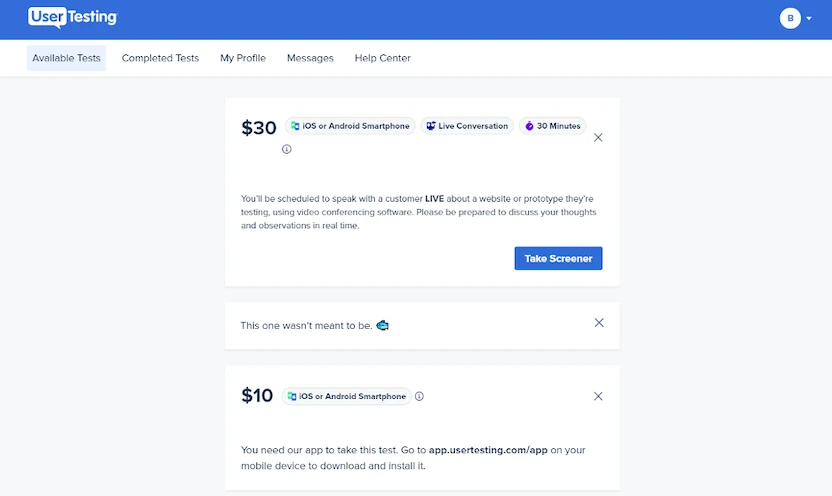
UserTesting focuses on user experience feedback through videos, audio, and written responses. It provides rich, contextual information about player experiences, valuable for collecting qualitative feedback directly from users.
- Video and audio feedback
- Written responses
- Contextual player experiences
- Rich qualitative feedback
- Direct user insights
- Can be expensive
- Requires user participation
Instabug
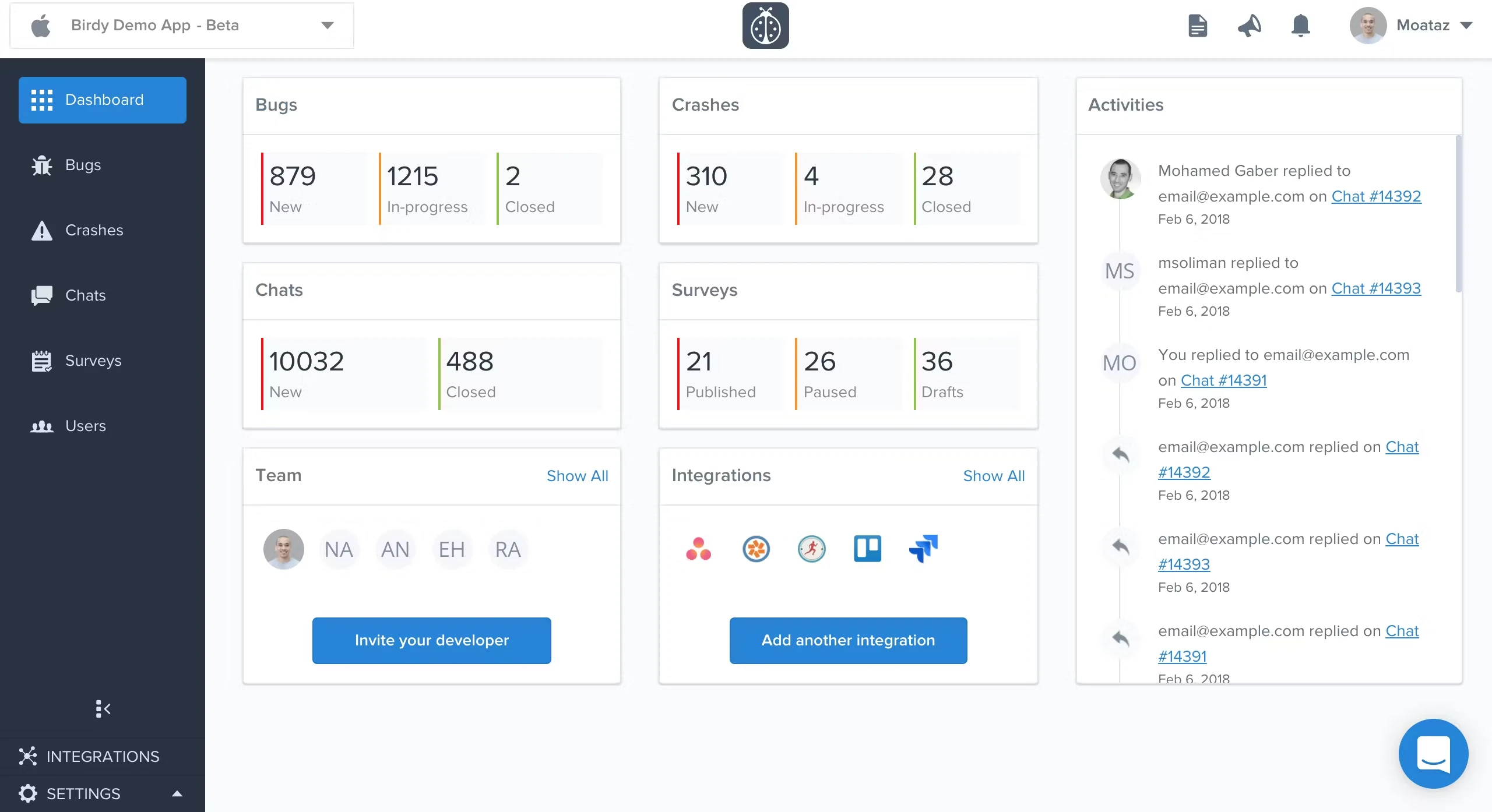
Instabug allows for in-app bug reporting with screenshots, making it particularly useful for mobile games. It addresses the need for visual evidence and context in bug reports.
- In-app bug reporting
- Screenshots and annotations
- Visual evidence
- Great for mobile games
- Provides visual context
- Primarily for mobile apps
- May require a subscription
Sentry
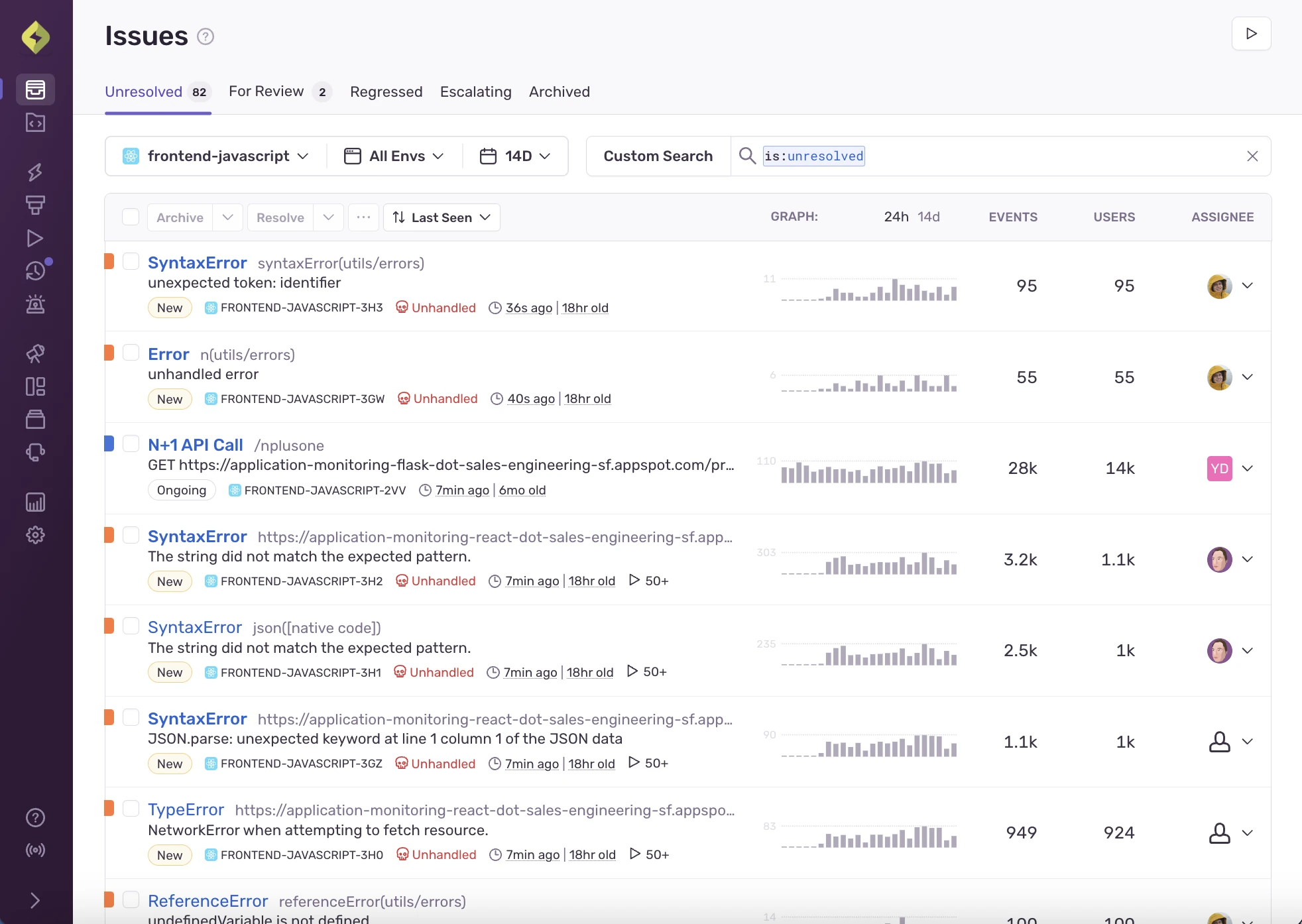
Sentry specializes in real-time error tracking, providing detailed error reports and stack traces. It helps developers quickly identify and fix bugs.
- Real-time error tracking
- Detailed error reports
- Stack traces
- Quickly identifies bugs
- Real-time tracking
- Can be complex
- May require a subscription
Trello
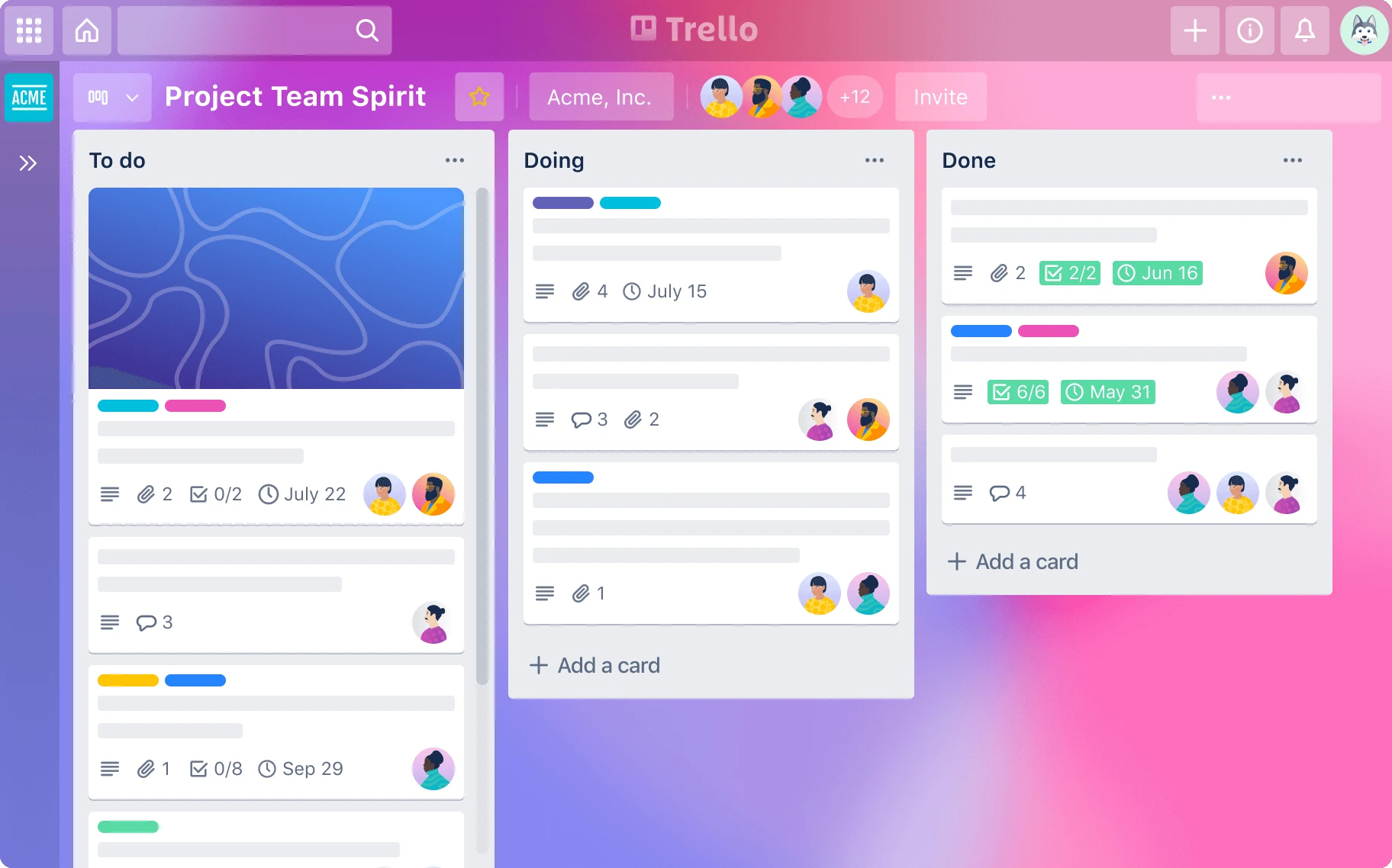
Trello is a visual board system great for organizing different types of feedback. Its user-friendly interface is accessible to both developers and players, and it can be adapted to prioritize and categorize feedback effectively.
- Visual boards
- User-friendly interface
- Prioritization and categorization
- Easy to use
- Highly visual
- Not a dedicated bug tracking tool
- May require integration with other tools
Crashlytics
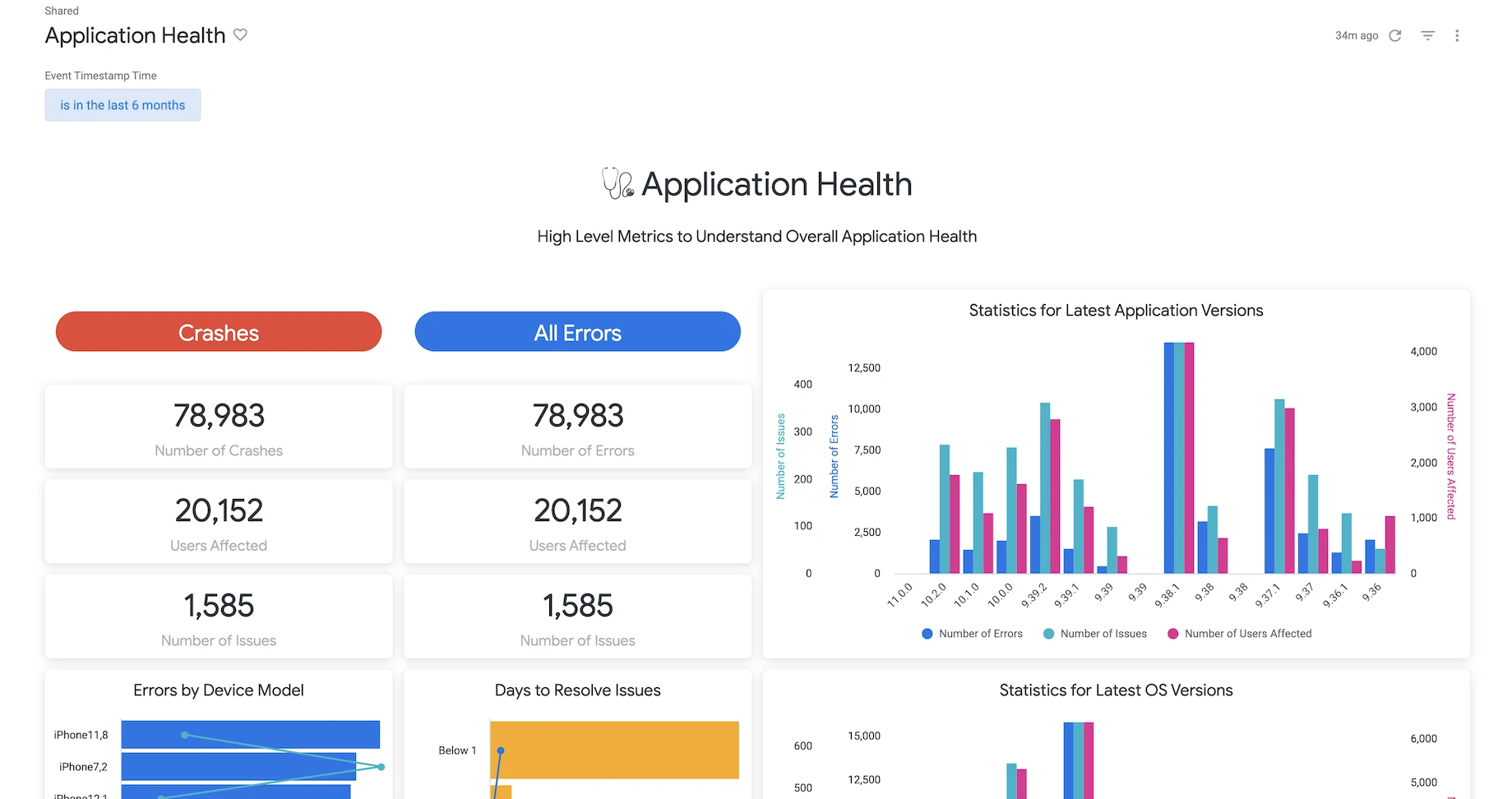
Crashlytics, part of Google's Firebase platform, specializes in real-time crash reporting for mobile apps and games. It provides detailed crash reports and analytics, helping developers quickly identify and fix issues.
- Real-time crash reporting
- Detailed stack traces and error logs
- Integration with Firebase suite
- Real-time crash reporting
- Detailed stack traces and error logs
- Easy integration with mobile game development
- Part of Firebase suite, offering additional tools and services
- Primarily focused on crash reporting rather than general feedback
- Limited to mobile platforms
- Requires Firebase setup
BetaHub
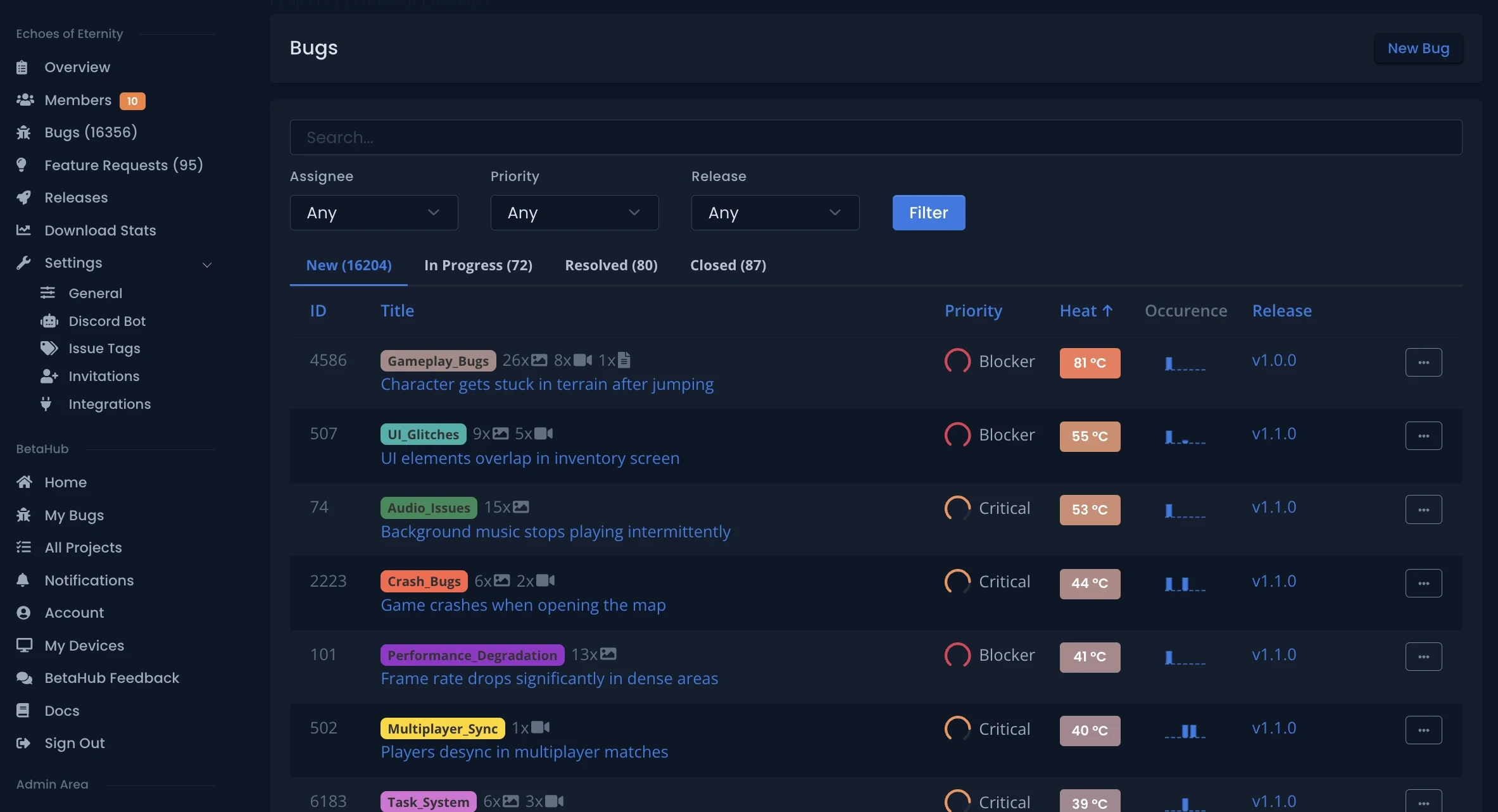
BetaHub.io is designed specifically for game developers, offering features tailored to game development workflows. It integrates well with Unity and Unreal Engine, providing a seamless bug tracking experience and game video recording. Offers Discord bot integration for streamlined bug reporting and community engagement.
- Integration with Unity and Unreal
- Discord bot for bug reporting
- Specialized for game development
- Easy to use
- Newer on the market
- May lack some advanced features of established tools
Interactive Comparison Table
| Tool | Functionality | Integration | User-Friendliness | Support & Community | Scalability | Pricing |
|---|---|---|---|---|---|---|
| Discord | Moderate | Good | High | Large | Good | Free |
| Jira Software | High | Excellent | Moderate | Large | Excellent | Free plan available, premium plans start at $7.16/user/month |
| Unity Cloud Diagnostics | High | Excellent | Moderate | Large | Excellent | Contact for pricing |
| Bugzilla | High | Good | Low | Moderate | Good | Free |
| UserTesting | High | Good | High | Large | Good | Contact for pricing |
| Instabug | High | Excellent | High | Large | Excellent | Free trial, plans start at $249/month |
| Sentry | High | Excellent | Moderate | Large | Excellent | Free plan available, team plan start at $26/month |
| Trello | Moderate | Excellent | High | Large | Good | Free plan available, premium plans start at $5/user/month |
| Crashlytics | High | Excellent | Moderate | Large | Excellent | Free as part of Firebase, additional Firebase services may have associated costs |
| BetaHub | High | Excellent | High | Moderate | Excellent | Free plan available, pro plans start at $26/user/month |
Trends and Future of Bug Management in Games
Game development is evolving rapidly, and so are the tools we use to squash those pesky bugs. Let’s take a peek at what’s hot now and what’s on the horizon!
🔥 What’s Trending Now
- AI-Powered Bug Hunters: Imagine having a robot assistant that finds bugs for you. That’s basically what’s happening with AI in bug detection!
- Seamless Integration: Bug trackers are getting cozy with other development tools, making the whole process smoother than ever.
- Real-Time Teamwork: No more “did you see my message?” - teams are collaborating on bugs in real-time.
- Multi-Platform Magic: As games spread across platforms, bug tools are keeping up, handling issues on all fronts.
🔮 Crystal Ball: The Future of Bug Management
- Super-Smart Automation: Tools might soon be fixing simple bugs all by themselves!
- Predictive Bug-Busting: Machine learning could start predicting bugs before they even happen. Spooky, right?
- VR and AR Ready: As virtual worlds expand, bug tools will learn new tricks to handle these complex environments.
- Social Listening: Your tools might soon be scouring app stores and Twitter for user feedback automatically.
Choosing Your Bug-Busting Sidekick: How to Pick the Right Tool
Choosing a bug management tool is like picking a character in a game - you need one that matches your style and needs!
🎯 What to Look For
- Size Matters: Big project? You might need a heavyweight tool. Small indie game? Something light and nimble could do the trick.
- Team Dynamics: Make sure the tool fits how your team likes to work.
- Budget Realities: From free to “you get what you pay for” - find your sweet spot.
- Plays Well with Others: Check if it integrates with your favorite development tools.
- Easy to Use: If it’s a pain to use, no one will use it!
- Room to Grow: Can it handle your game becoming the next big hit?
- Insightful Reports: Look for tools that give you the big picture with cool graphs and stats.
🕵️ The Selection Process
- Know Thyself: Figure out what your team really needs.
- Window Shopping: Make a shortlist of tools that catch your eye.
- Try Before You Buy: Take advantage of free trials - kick the tires a bit!
- Team Huddle: Get everyone’s input - you’re all in this together.
- Future-Proofing: Think about where you’ll be in a year or two.
- Community Check: A strong user community can be a lifesaver when you’re stuck.
FAQ: Your Burning Questions, Answered!
Got questions? We’ve got answers! Here are some common head-scratchers about bug management tools:
-
Q: “Help! I’m a small indie team. What’s a good bug tracker for us?” A: Check out Trello or BetaHub. They’re user-friendly and won’t break the bank!
-
Q: “Can these tools play nice with Git?” A: Many do! Jira, GitLab, and BetaHub are known for their Git-friendliness.
-
Q: “How crucial is Discord integration for game dev bug tracking?” A: If you’ve got an active Discord community, it’s gold! Tools like BetaHub let players report bugs right from Discord. Talk about convenient!
-
Q: “Any free options for us budget-conscious devs?” A: Absolutely! Bugzilla is free and open-source. Trello has a free plan. Many others offer free tiers to get you started.
Honorable Mentions: The “Almost Made It” Club
These tools didn’t quite make our top 10, but they’re still worth a look:
- Mantis Bug Tracker: An oldie but a goodie. It’s open-source and gets the job done.
- GitLab Issue Board: Great if you’re already in the GitLab ecosystem.
- Redmine: Powerful but needs some tech-savviness to really shine.
Wrapping It Up: The Bug Stops Here
Choosing the right bug management tool is like finding the perfect weapon in your favorite RPG - it can make all the difference in your quest for a bug-free game.
Remember:
- Every team is unique - find what works for you.
- User-friendliness is key - if it’s a chore to use, it’ll collect dust.
- Keep an eye on the future - AI and automation are changing the game.
- The best tool is the one you’ll actually use!
As games evolve, so do our bug-busting tools. Stay sharp, stay updated, and keep those bugs on their toes!
This article is regularly updated to reflect the latest changes in the game bug management tools market.
Join for free today
Supercharge your team with the best bug tracking and player feedback tools. No credit card required, forever free.
Our Mission
At BetaHub, we empower game developers and communities with an engaging platform for bug submission. We foster collaboration, enhance gaming experiences, and speed up development. BetaHub connects developers, testers, and players, making everyone feel valued. Shape the future of gaming with us, one bug report at a time.

2025 © Upsoft sp. z o.o.
